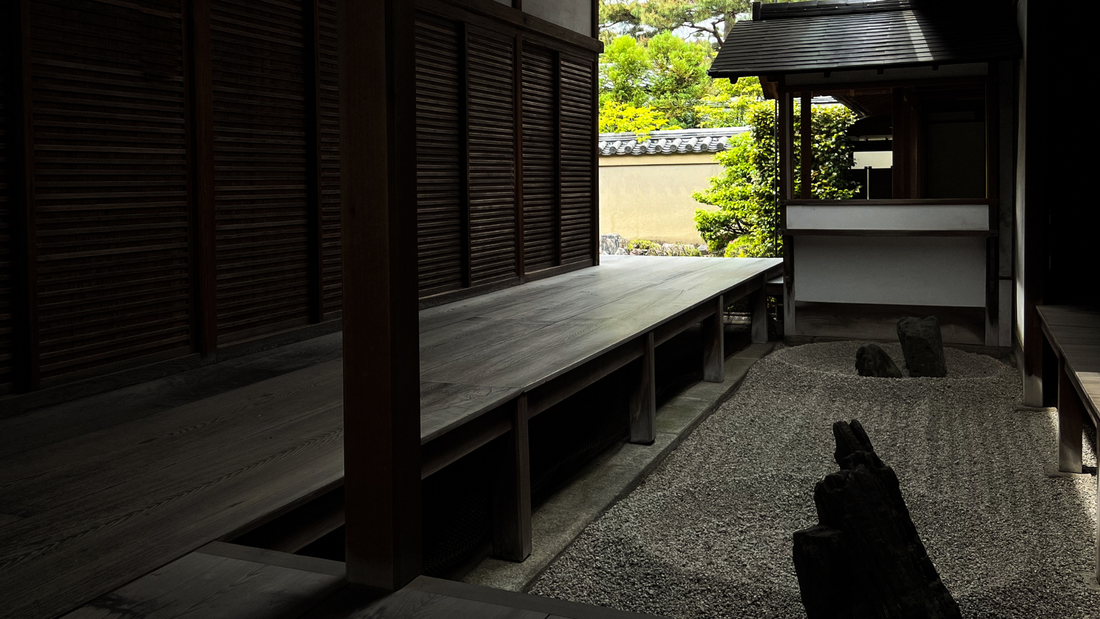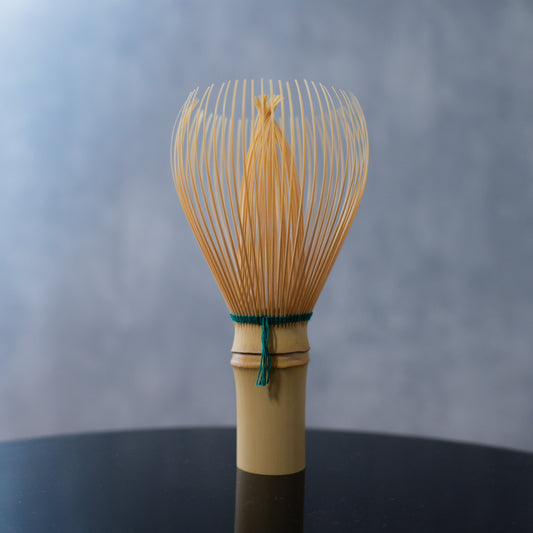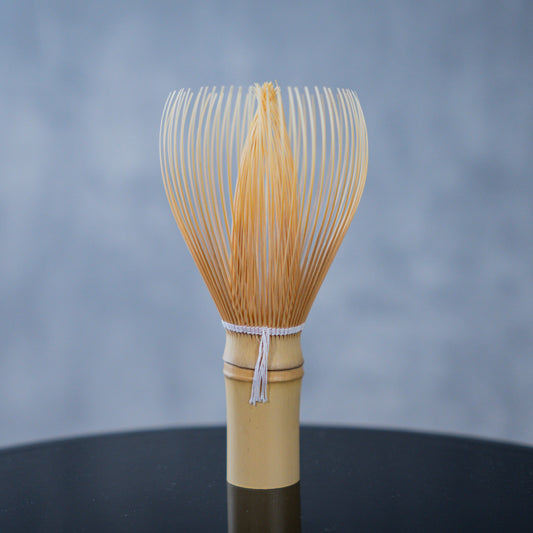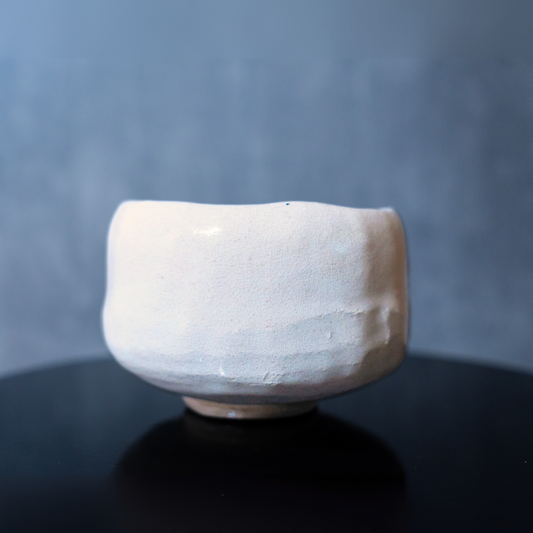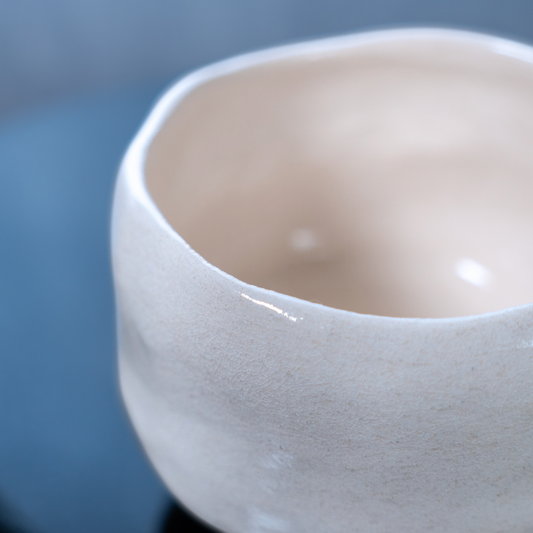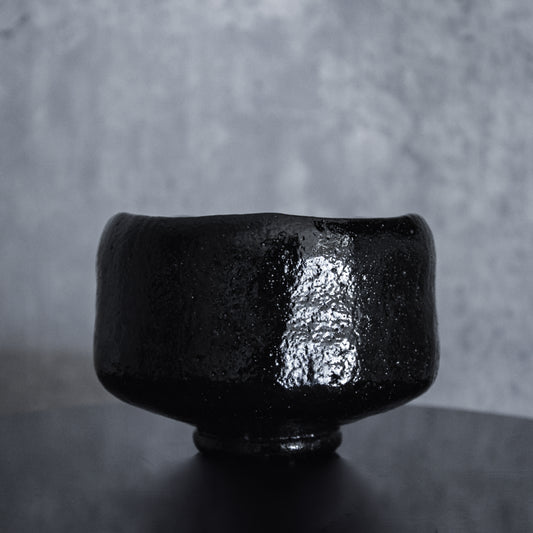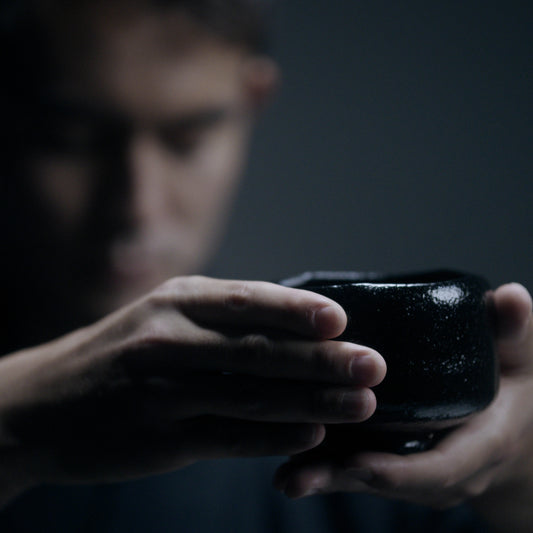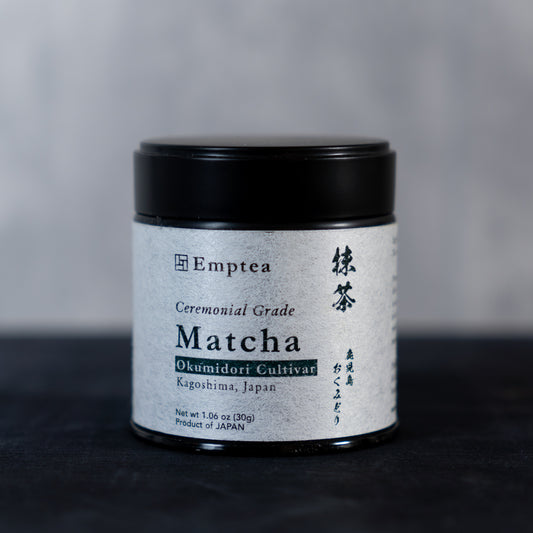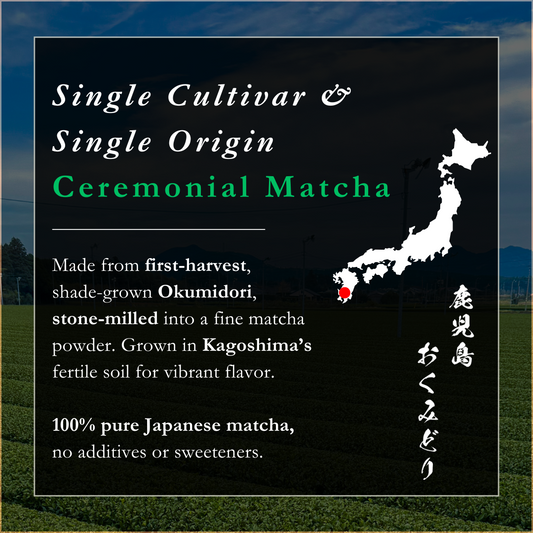“Shuhari”, originating from the teachings of Japanese tea master Sen no Rikyū, outlines the three stages of mastery: "Shu," "Ha," and "Ri."
This principle, prevalent in Japanese culture, illustrates the progression of learning and mastery across disciplines like martial arts and the tea ceremony.
Shu: 守
This stage focuses on diligently following established rules and forms. Imagine learning a new skill, where you adhere strictly to the instructions provided, like a beginner following a recipe step by step.
Ha: 破
As proficiency grows, practitioners begin to innovate and adapt the rules, exploring different approaches, and sometimes even breaking from tradition to find what works best for them.
Ri: 離
In this final stage, practitioners transcend the rules, embodying the essence of the practice in their own unique way and expressing it naturally and effortlessly.

The teaching of 'Shuhari' is seen as wisdom for evolution and development. It involves fitting oneself into a form, then innovating and adapting, ultimately leading to self-innovation by moving beyond it.

